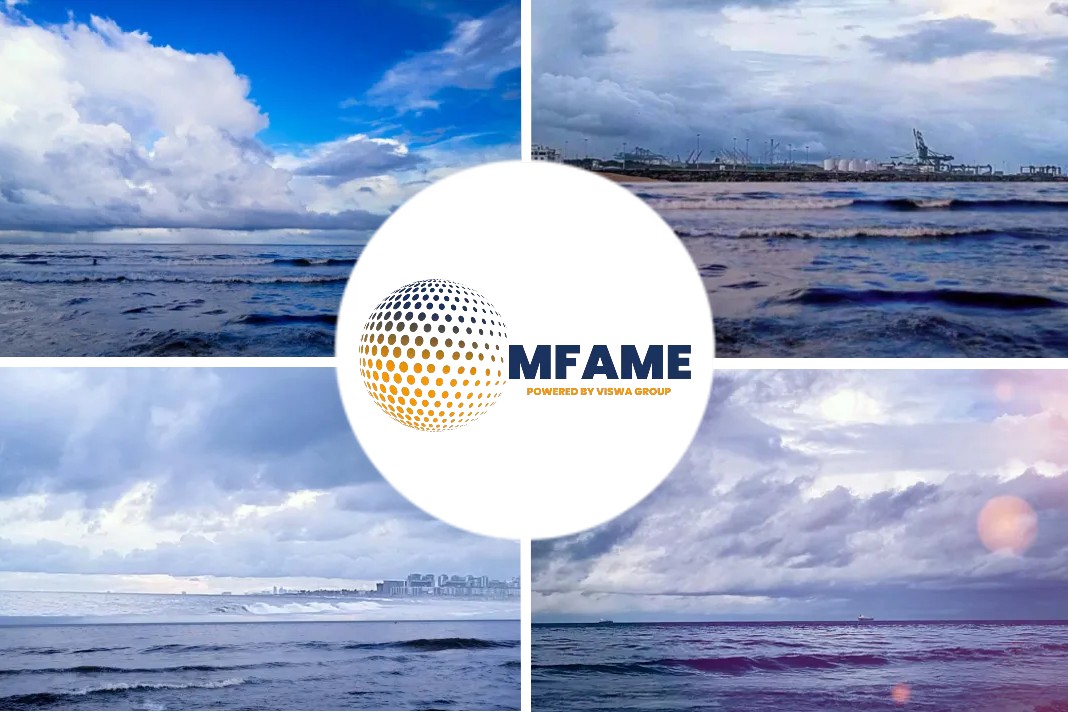
The shipbuilding industry is abuzz with news of QatarEnergy’s impending negotiation closure for a substantial addition to its LNG fleet. The move is expected to reshape the landscape of shipyard orders and allocations, with South Korean shipbuilders leading the pack. The rivieramm source.
- Qatar’s LNG fleet expansion spurs negotiations for up to 40 large LNG carriers, impacting shipbuilding dynamics.
- South Korean shipyards stand to benefit, but challenges like congestion and labor shortages emerge.
- MR tanker spot rates remain stable amidst industry shifts, with notable newbuildings and charter market trends.
Mega Deal Shakes Up Shipbuilding
Qatar’s LNG sector is gearing up for a major expansion, as negotiations for up to 40 new large LNG carriers are nearing conclusion. South Korean shipyards, particularly Samsung, Hanwha, and Hyundai, are poised to be the major beneficiaries of this remarkable deal. However, limited building space prompts considerations about potential orders being redirected to China.
Challenges Ambitions
While the shipbuilding sector braces for Qatar’s ambitious fleet expansion, challenges are already evident. Congestion issues and a shortage of skilled labor have contributed to delays in larger vessel orders by three to six months. Furthermore, signs have emerged that some tanker orders are branching out from traditional LNG carrier yards, with Hyundai Vietnam securing significant bookings.
Industry Dynamics
The shipbuilding industry is witnessing noteworthy developments beyond Qatar’s mega deal. Schoeller Holdings, under Columbia Shipmanagement, has reportedly secured four MR2 products carriers. MR tanker spot rates have exhibited a lateral trend, and market dynamics have shown Western markets slightly outperforming Asian counterparts.
Future Prospects
Amidst these industry dynamics, the time charter market maintains stability, with 12-month MR rates hovering around US$24-25,000 per day. The emergence of newbuildings in the MR product tanker segment is noteworthy, as two vessels secure five-year charters with a US charterer, slated for delivery between 2025 and 2026. As Qatar’s LNG fleet expansion unfolds and market conditions evolve, the industry remains on its toes, anticipating how these developments will shape its future.
Did you subscribe to our daily newsletter?
It’s Free! Click here to Subscribe!
Source-rivieramm






















